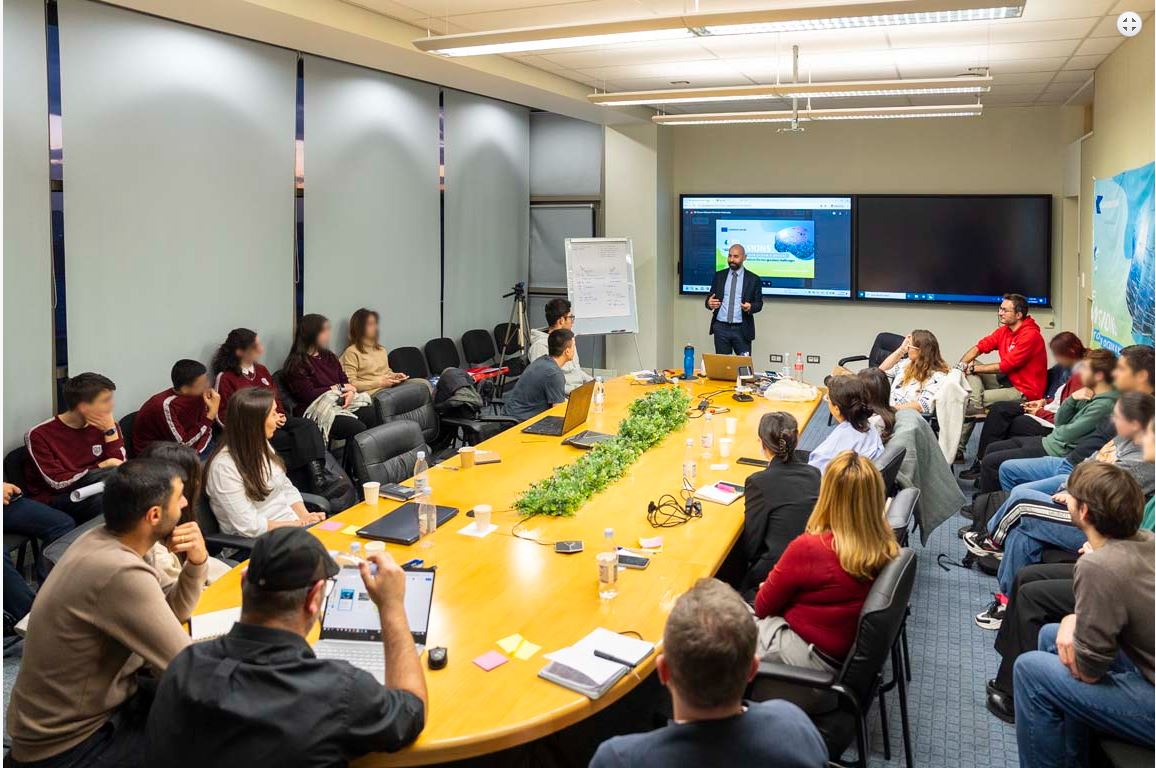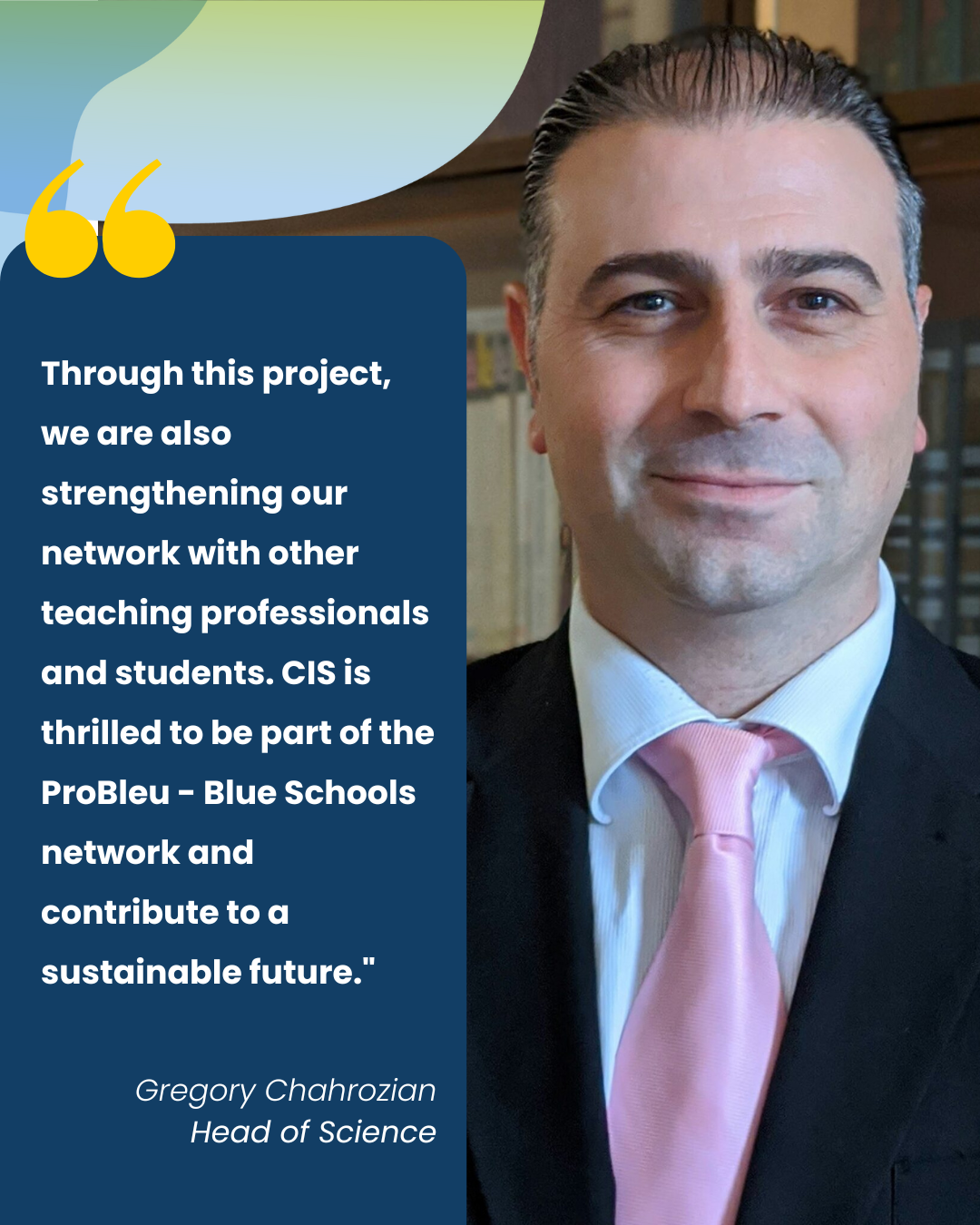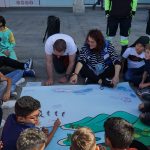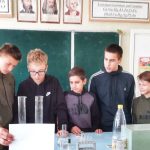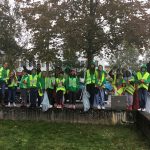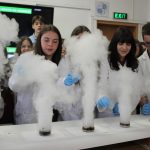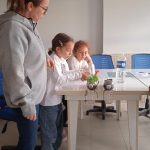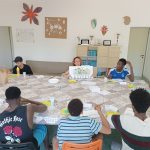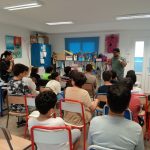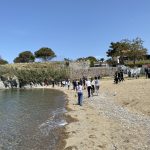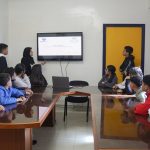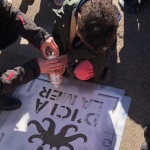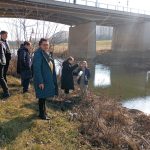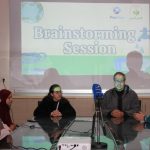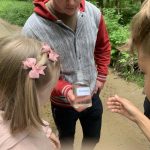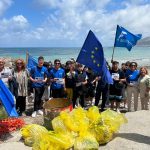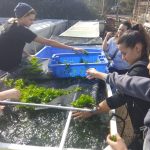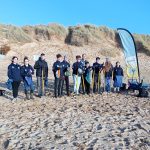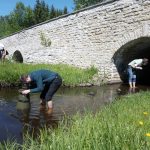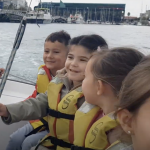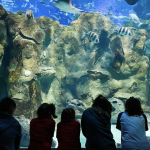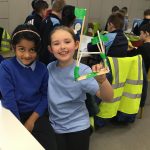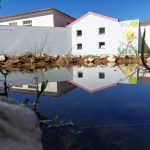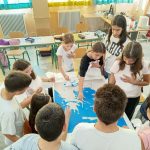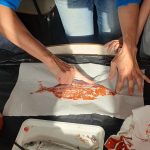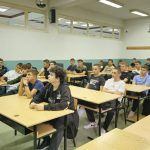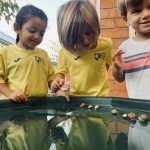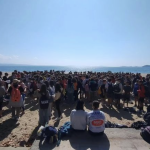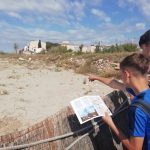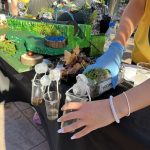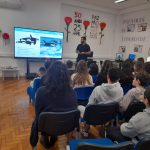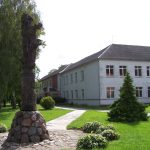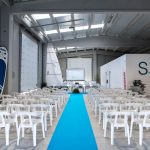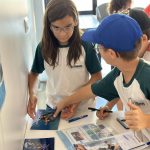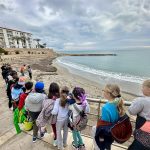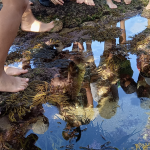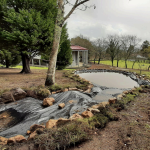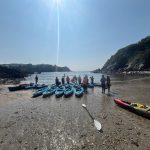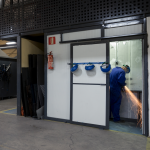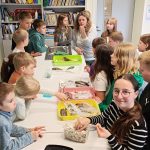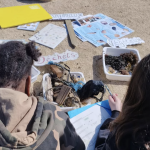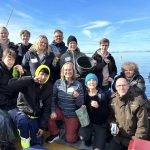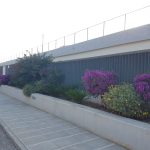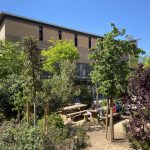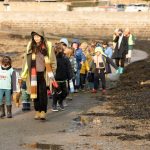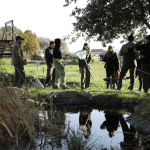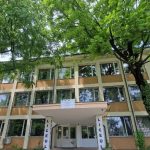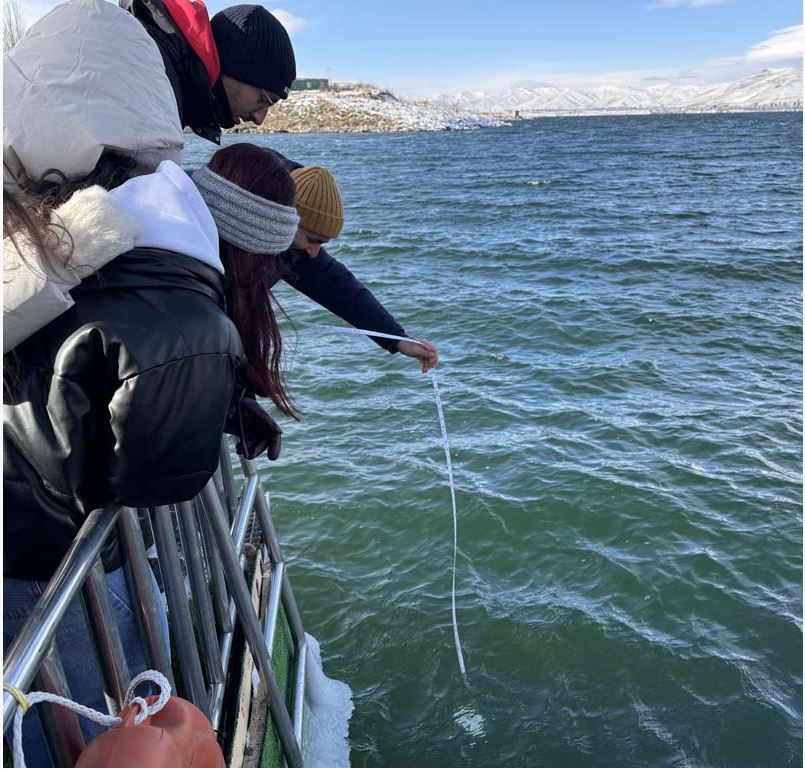
Recording Impacts on Vital Ecosystems through Responsible Water Stewardship
Yerevan , Armenia
3rd FUNDING CALL
The R.I.V.E.R.S. (Recording Impacts on Vital Ecosystems through Responsible Water Stewardship) project, led by CIS Armenia International School in Yerevan, engages students across Armenia in monitoring water quality in rivers that feed into Lake Sevan. Through citizen science methodologies and a strong educational component, the project fosters water literacy and environmental responsibility among youth in seven partner schools.
Lake Sevan, Armenia’s largest freshwater body and a critical resource for biodiversity, agriculture, and power generation, has suffered from pollution and harmful algal blooms in recent decades. The degradation of water quality, driven by nutrient loading from agriculture and domestic waste, is exacerbated by the limited frequency of official environmental monitoring. The R.I.V.E.R.S. project aims to bridge this gap by involving students in high-frequency data collection and ecological analysis.
Objectives
The project focuses on several key goals:
- Promoting water literacy by integrating environmental issues into school curricula.
- Supporting Armenia’s national water monitoring efforts through biweekly water quality testing.
- Encouraging collaboration among regional schools for shared learning and resource development.
- Fostering open schooling and citizen engagement through data dissemination and outreach.
- Developing a gamified learning experience to make water science more accessible to diverse learners.
Activities and Timeline
The 11-month project unfolds in well-structured phases:
- Months 1–4: Establish partnerships, develop toolkits, and train teachers using methodologies inspired by the EU Mission Ocean’s OTTERS project.
- Months 3–10: Field trips for student data collection on rivers near each school, including parameters such as turbidity, temperature, pH, oxygen, and presence of nitrates and coliform bacteria.
- Months 6–9: Development of a virtual game in Armenian to enhance engagement and water literacy.
- Months 8–11: Mapping and presentation of results, including visual materials and a video summarizing findings.
- Month 11: A large public dissemination event will showcase results to local authorities, parents, and additional schools.
Collaboration and Reach
The project is implemented by a consortium of seven schools, located in Yerevan and the Gegharkunik marz, and the NGO UATE, which oversees Armenia’s Armath Labs. Each school engages 10–12 students directly in research, with hundreds more indirectly involved through events and materials. CIS Armenia will support the coordination of data integration, especially from the Hrazdan River flowing through Yerevan.
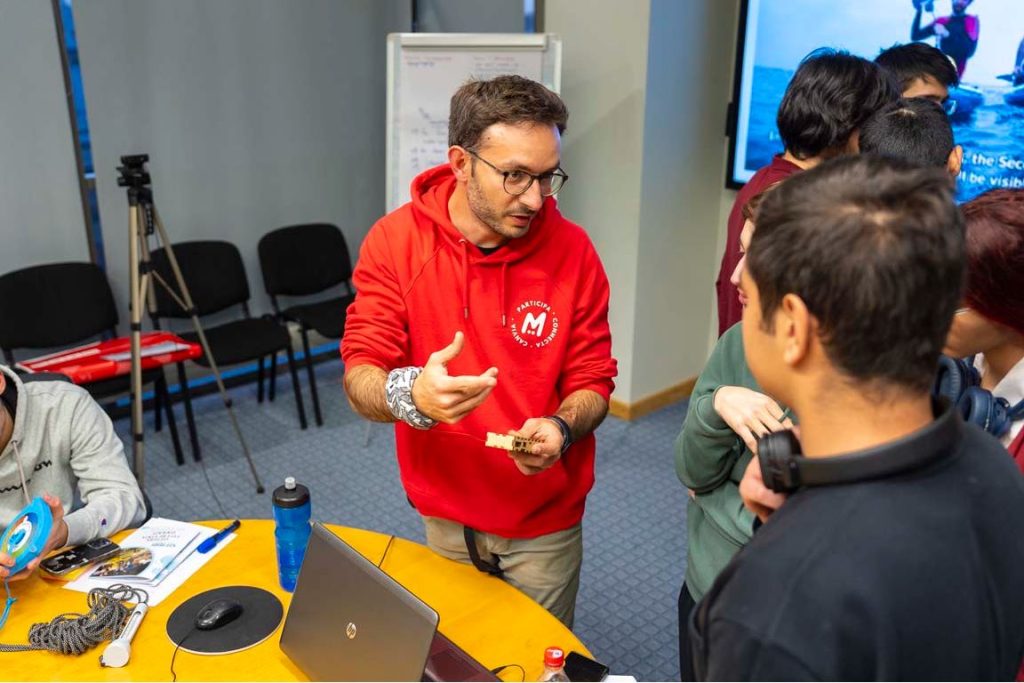
Outputs and Impact
Key outputs include:
- A detailed teacher and student toolkit on water quality monitoring.
- Educational videos and public information posters.
- A multilingual virtual game on water protection.
- Integration of data into Armenia’s national Ecoportal for long-term impact.
By combining science, education, and civic engagement, the R.I.V.E.R.S. project represents a model for regional collaboration and sustainable environmental education. Its open-access outputs and commitment to inclusivity—reaching students with economic, geographic, and cultural barriers—reinforce its potential to scale beyond Lake Sevan to schools across Armenia and beyond.
